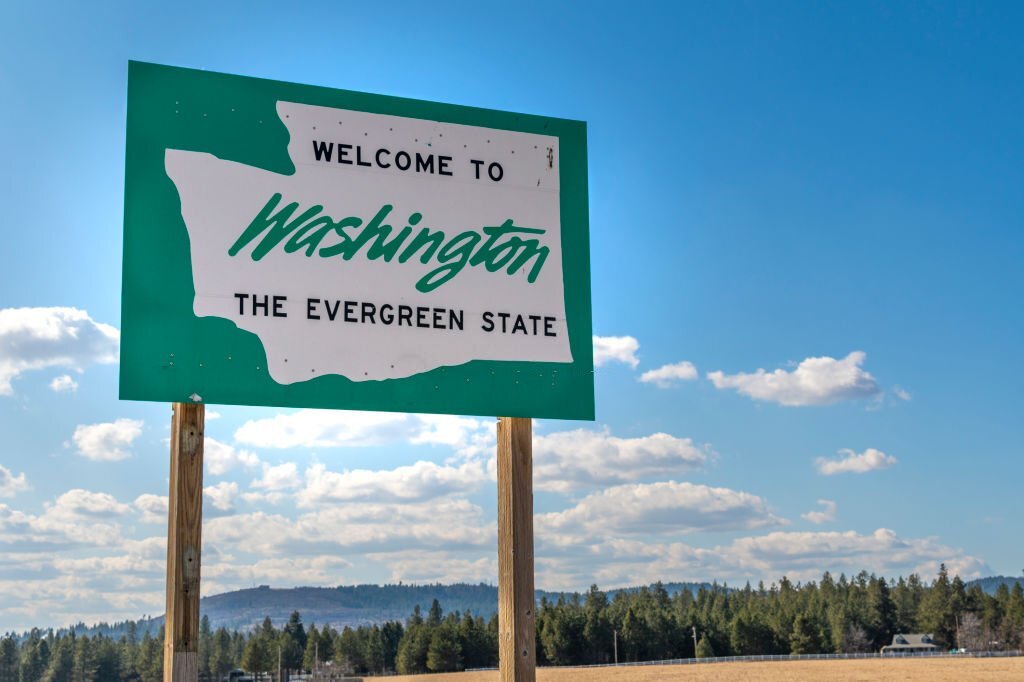Taxes
Think Tank Appeals Washington Capital Gains Tax to U.S. Supreme Court
A controversial state capital gains tax is the subject of a conservative group's appeal to the U.S. Supreme Court.
Aug. 24, 2023

By Kelley R. Taylor, Kiplinger Consumer News Service (TNS)
Washington state enacted a new and controversial capital gains tax two years ago. Critics of the 7% tax on the sale or exchange of certain long-term capital assets argued that it violated the state’s constitution. But after a court battle, Washington’s state Supreme Court upheld the measure as a valid excise tax on the sale of assets.
Since then, the state’s capital gains tax, paid by a relatively small number of Washington residents, has generated over $800 million in revenue, exceeding projections. However, in hopes of having the tax overturned, conservative think tank the Freedom Foundation filed an appeal Monday asking the U.S. Supreme Court to take up the case Quinn v. Washington.
“The capital gains tax violates the Commerce Clause of the U.S. Constitution, which reserves to Congress the right to regulate interstate commerce, thus depriving states of the ability to do so,” the Freedom Foundation wrote in a release about its petition for certiorari (i.e., a formal request for the court to review a case).
- Washington’s capital gains tax is 7% on the sale or exchange of individual long-term capital assets (e.g., stocks, bonds, business interests, etc.) that exceed $250,000.
- Only the portion of gains above the threshold is subject to the tax, and some assets are exempt from the tax.
- A small number of Washington taxpayers (about 5,000 people) are subject to the tax.
- Washington state is one of nine states with no personal income tax.
The legal argument against the capital gains tax at the state level was that capital gains are income and that income is property. Under Washington’s state constitution, property tax is limited to one percent. So, opponents of the capital gains tax (and two justices that dissented from the state Supreme Court ruling) argued that the capital gains tax in Washington is unconstitutional.
However, in the current appeal, the Freedom Foundation relies on a different legal angle.
“As structured, the tax applies not to the sale of capital assets in Washington state but to the sale of capital assets by Washington residents. Consequently, Washington’s tax could apply to the sale of capital assets held in other states by Washington residents, and the sale could also be taxed by the state in which the sale takes place,” the organization explained in a press statement regarding its petition.
What does the Commerce Clause limit?
Found in Article I of the U.S. Constitution, the Commerce Clause grants Congress the power to regulate interstate commerce, among other things. The clause also prohibits states from impairing interstate commerce.
In this case, the question before the court (if it hears the dispute) would be whether the U.S. Constitution permits a state to tax out-of-state transactions involving only out-of-state property.
The Freedom Foundation says that “if the Supreme Court decides to accept the case and concludes that the tax violates the Commerce Clause, it could strike down the entirety of the tax and potentially open the door for the refund of taxes previously paid.”
At this time, it’s unclear whether the High Court will agree to hear the dispute, so stay tuned.
______
All contents copyright 2023 The Kiplinger Washington Editors Inc. Distributed by Tribune Content Agency LLC.
